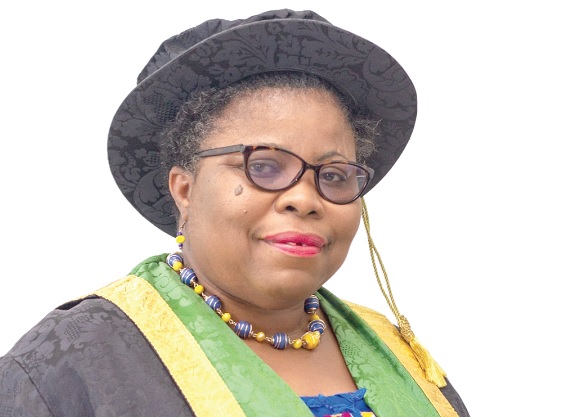The Vice Chancellor of the University of Health and Allied Sciences (UHAS), Professor Lydia Aziato, has said that the availability of effective vaccines and treatments for Hepatitis B and Hepatitis C are bright indications that their elimination is achievable.
However, she said, that required greater awareness, understanding of the disease, the risks and access to cheaper diagnosis and treatment.
Professor Aziato was speaking at a forum to mark this year’s World Hepatitis Day in Ho.
The programme, on the theme, One Life, One Liver, was organised jointly by the Ho Teaching Hospital (HTH) and the Ghana Association for the Study of Liver and Digestive Diseases (GASLIDD).
“With the inclusion of viral hepatitis in the Sustainable Development Goals (SDGs) and the recent adoption of the world’s first global hepatitis strategy, we are at a pivotal moment, which requires greater political commitment, and without urgent action, deaths will continue to rise, and the epidemic will continue to grow, “said Professor Aziato.
She said major vaccine coverage gaps lingered in some countries, and that more hepatitis cases and deaths could also be prevented through vaccines and other effective prevention modalities such as safe injection, safe blood transfusion, harm reduction and therapies or cures for Hepatitis B and C.
The Vice Chancellor said with COVID-19 no longer a global health emergency, it was now time to prioritise a hepatitis-free world and meet the global 2030 targets.
According to her, continued success in reducing Hepatitis B infections in children proved that progress was possible.
However, she said, there was the urgent need for simplified primary care services for viral hepatitis to ensure that 90 per cent of people living with hepatitis B and C got diagnosed, and all pregnant women living with chronic hepatitis B had access to treatment and their infants had access to birth vaccines to prevent infection.
Further, Professor Aziato said appropriate measures needed to be taken to ensure that 80 per cent of diagnosed people were cured or treated according to newer expanded eligibility criteria.
The President of the GASLIDD, Professor Yaw Asante Awuku, said the World Health Organisation (WHO) aimed to achieve Hepatitis elimination by 2030.
He said out of 930 people who were part of a recent screening exercise organised jointly by the HTH and GASLIDD, 10 per cent tested positive for Hepatitis and two per cent for Hepatitis C.
SOURCE: Graphic online





